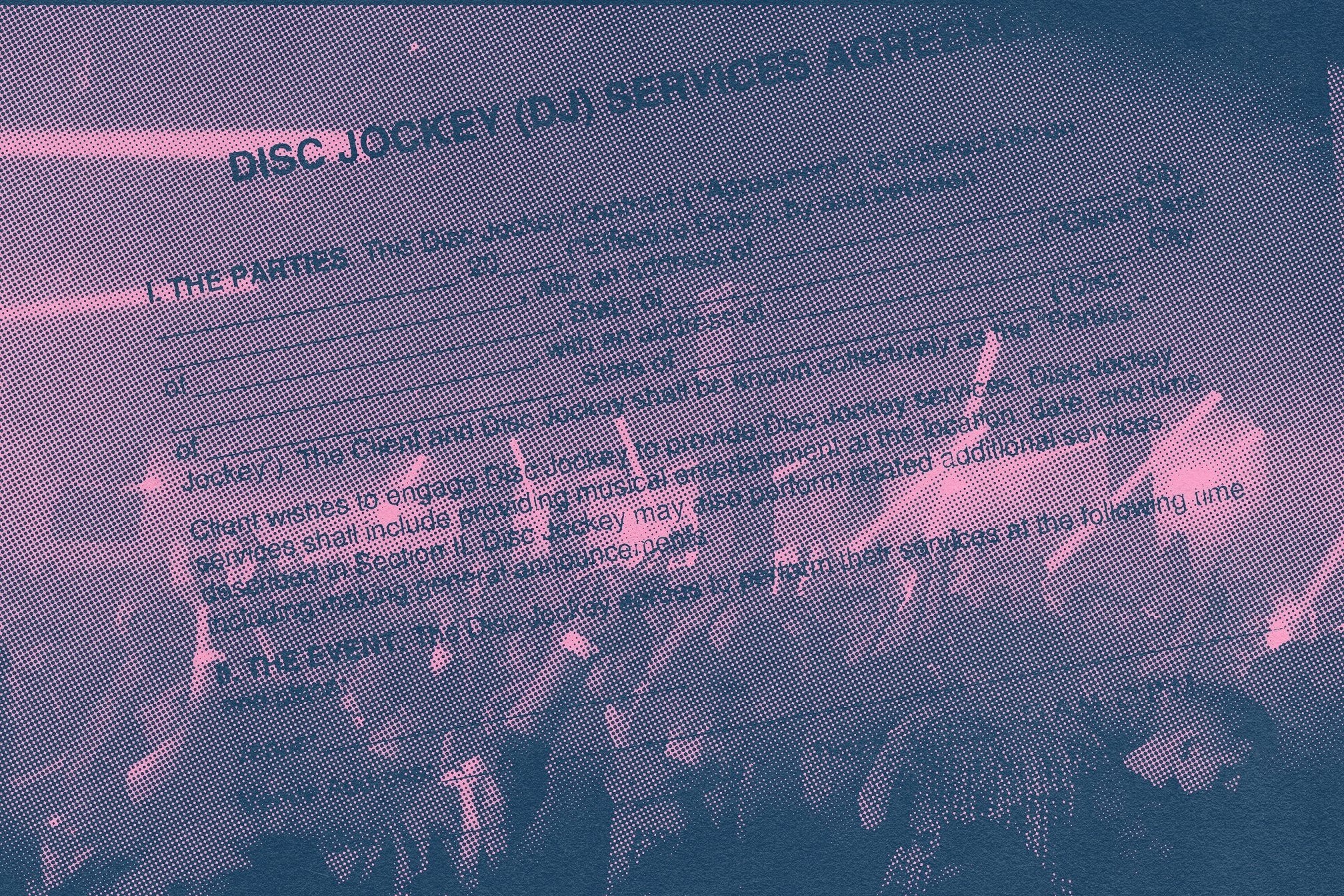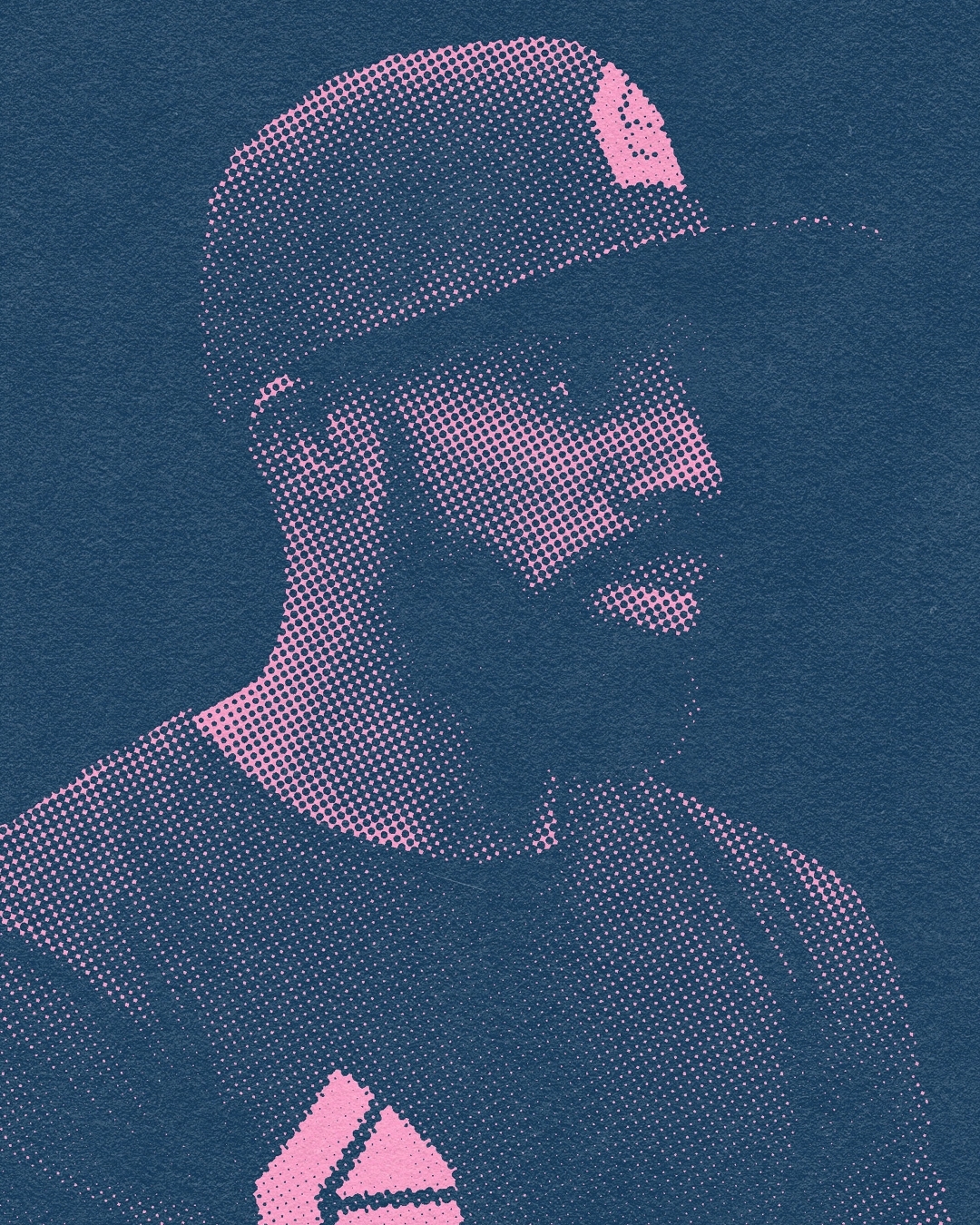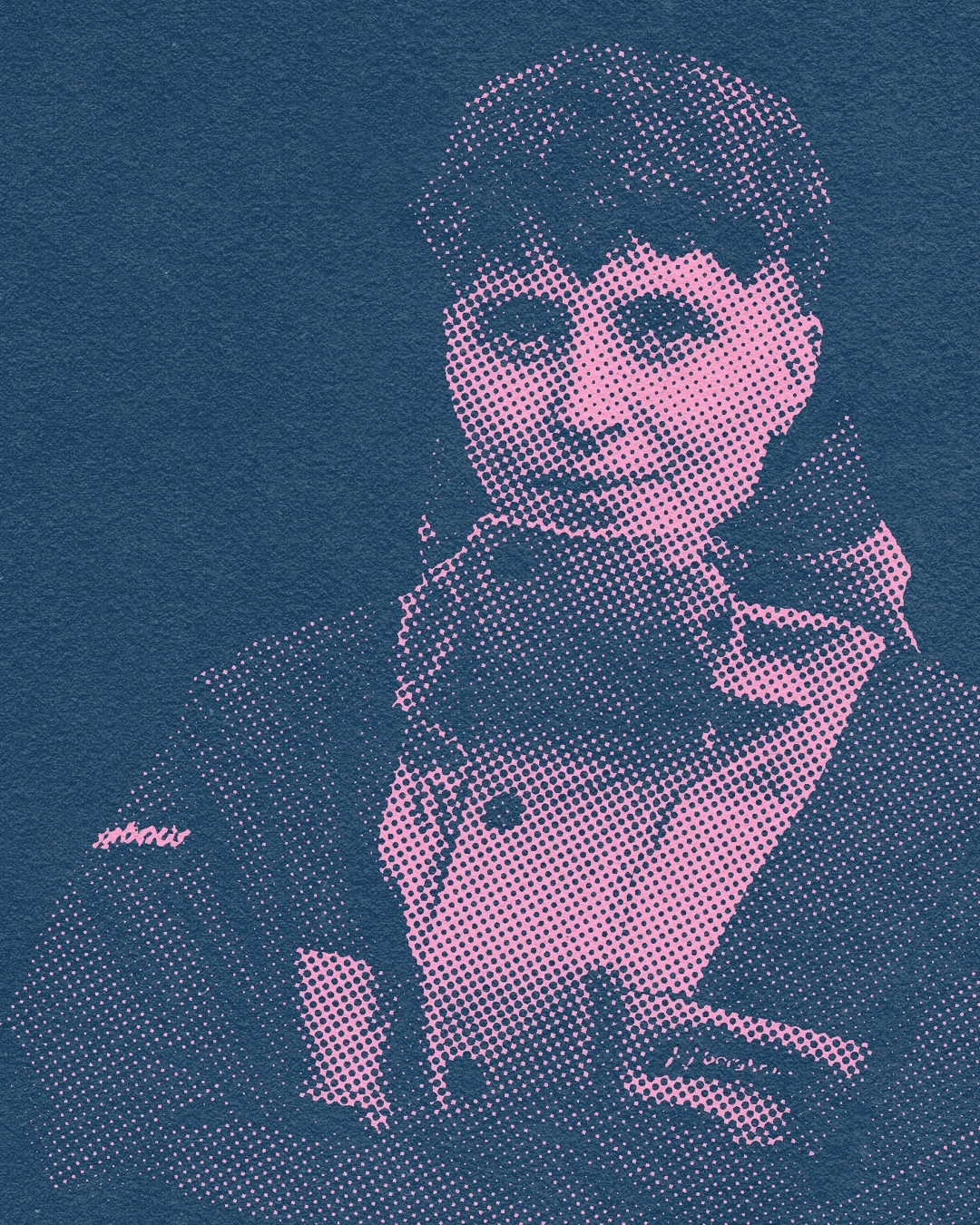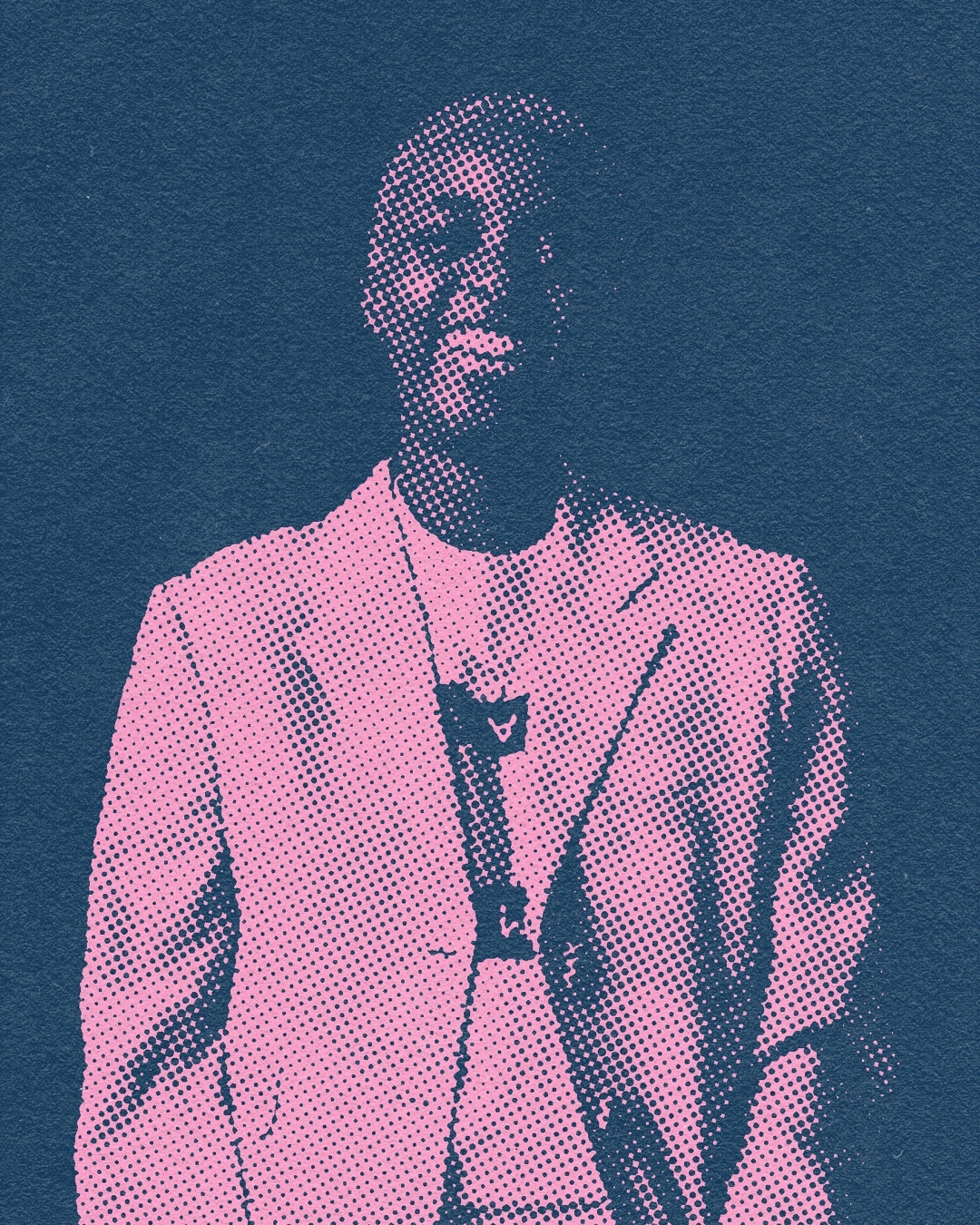 Features
Features
How DJ diversity clauses can make dance music a better place
Not just making up the numbers, diversity clauses are the DJ booking contract stipulations making nightlife a safer & fairer place
In 2016, South Africa’s Minister for Sport, Fikile Mbalula, imposed new racial quotas on the country’s major sporting federations. At the time, despite the fact that white South Africans accounted for less than 10% of the population, their sports teams were overwhelmingly white, leading Mbalula to announce that the national rugby, netball, athletics and cricket teams would be prohibited from entering international tournaments until they recruited more Black players. Some rugby fans felt this was an insult to the sport, explains South African creative and artist Montle Moorosi, to recruit players based on race over supposed meritocracy. But the new players weren’t recruited just because they were Black, they were recruited because of their talent. And it worked, says Moorosi, “because South Africa now has two World Cup titles underneath its belt, and Siya Kolisi could play a Boiler Room set on his iPhone if he wanted to.”
Montle Moorosi is a member of Trinity Black, a cultural diversity consultancy whose team includes Altered Natives and Ikonika amongst others. In a conversation over email, centred around the idea of adding diversity clauses into artist booking contracts, Moorosi referenced South African rugby to show that quotas and clauses to combat racial disparity can work. With the help of Moorosi, SHERELLE, India Jordan, Carin Abdulá (OUTER Agency), Funk Butcher and Seth Troxler, Mixmag explores the notion of a diversity clause; what a diversity clause should encompass and how best to implement it, on whom the responsibility should fall, and how else we can continue to work towards a point where diverse and inclusive programming becomes the norm.
As we ease out of a stagnant period during which the music industry has had plenty of opportunity to reflect, the resounding message from the interviews for this piece is this: going back to normal is not good enough, because normal was not good enough.
In the wake of George Floyd’s murder and the wave of Black Lives Matter protests, statements and pledges to change that followed, it’s imperative that the dance music scene makes good on those commitments to move up and out of a state of whitewash. “The focus should be on the global white-owned music industry infrastructure,” says Moorosi. Sherelle agrees, saying she hopes in light of recent events the industry will be more open-minded. Kwame Safo, aka Funk Butcher who guest edited Mixmag’s Blackout Week, worries that the industry’s hellbent focus on profit will detract from vital progress. “There’s an industry status quo to prioritise a return on investment,” he says, “rather than the unity the music and environment is supposed to foster.”

On a call from Berlin, Seth Troxler laughs at how ludicrous the situation is, for the introduction of diversity clauses would be aiming to address the inequality in a scene which wouldn’t exist were it not for its Black originators. “The greater issue,” Troxler explains, “is the reappropriation of dance music; finding artists similar to Black artists and then pushing those Black artists out, using Black music and Black culture and then refusing to book us.” And the irony, says Troxler, is that these artists are simultaneously celebrated and discriminated against. “People are still selling and buying their records,” he says, “but the phones don’t ring when it comes to having them play at a party.”
If you’re an artist and you want to add a diversity clause to your contract, where do you begin? Carin Abdulá, head agent at OUTER (the agency represents artists like Jordan, Juan Atkins and Moritz von Oswald’s collaboration Borderland, Smerz and dBridge), has been monitoring the success of gender clauses. While there’s still work to be done, gender clauses, and an open conversation about gender disparity on line-ups, have made a positive impact in the last few years. “I do believe that the diversity rider has helped in other things that we have seen,” Troxler agrees, “with the queer community and with women being booked and represented at parties.”
But unless you can be at every party to see the line-up with your own eyes, a clause in a contract is a difficult thing to enforce. So in conversation with other agencies, Abdulá is taking a flexible approach. “If you don’t allow for some flexibility at first,” she says, “you open yourself up to potential failure. But if we empower conversations so it’s no longer the elephant in the room, it will have more of a long term impact on the line-ups we’re seeing.”
With the help of Jordan, who in their day job works in diversity and inclusion at King’s College London, Abdulá gathered together some existing clauses — more focused on gender — and set to work on building a broader clause for diversity. Abdulá believes that a commitment from multiple agencies will be key to progressing. “Otherwise you’re just screaming into the void,” she says, “but as far as things go for me, OUTER will be introducing our clause into every single contract.” Diversity clauses are not just making up the numbers in equalising the gender and racial make-up of line-ups — to encourage diversity and have a positive impact in music, the clause must think more broadly and pay attention to issues such as the safety of venues.
Crafted by Abdulá and Jordan, the OUTER diversity clause will be split into three sections: The first, a statement on inclusion, which Jordan notes will say something like: “we’re all collectively responsible for an inclusive environment and venues must be anti-racist.” The second part will pertain to the venue being a safe space, prioritising the safety of artists and punters alike and taking a victim-centred approach to all incidents. The final section will require the booker to programme a diverse line-up, stating something to the tune of “our artists will not perform on line-ups compiled entirely or overwhelmingly of white performers.”
“If I’m the problem as a white person, then there needs to be a conversation about not playing the show, and somebody else taking my place,” says Jordan. While they want to start normalising turning down gigs to make space for other artists, Jordan recognises that it’s a position of privilege to be able to consider that decision; backed by the financial security of a day job. “It’s tricky when you put the burden on the individual artist,” says Moorosi, “situational contexts such as having to pay rent come into play, and this poses pressure on the moral fabric of someone who is actually inclusive, but then has to opt for the unsavoury route just to pay the bills.”

“I’m going to be quite brutal with it,” says Sherelle of her own clause. Her requirements are simple: “I ask for one other woman on the line-up, cis or trans, but leaning towards trans. And then one person of colour, male or female, cis or trans.” Recognising that she has trans fans at her shows, Sherelle knows she would be doing them a disservice if she didn’t do her bit to get brilliant trans DJs booked with her.
What’s most important to Jordan is that it’s not enough just to book a diverse line-up. “If the venue’s not safe, or the artist isn’t being paid properly, then diversity is meaningless,” they say.
So how do you create a safe space when, as Abdulá says, “someone feeling unsafe at a venue has many different shapes and forms?” All too often, says Jordan, venues might advertise a safe space policy, yet the responsibility will fall on the victim to report an incident, rather than the venue putting the structures in place to help prevent incidents in the first place. For Moorosi, the very concept of a safe space is rooted in white privilege. “I’d go so far as to say that the electronic music industry is not a safe space for Black artists,” he explains. “Is it a safe space to be Black person with a record label, but the media only cares about the white artists on your roster?” But with diligent implementation, diversity clauses could be a step towards artists like Moorosi (who makes music as Big Space and runs Wet Dreams Recordings), feeling safer, less exploited and less violated in spaces they should be able to call their own.
The answer for Sherelle and Troxler is representation; safe spaces will exist organically when punters see themselves represented in the booth. “I see a lot more girls and members of the LGBTQI community up at the front at my shows, and it’s because they feel a lot safer because of the person that’s playing,” says Sherelle. She notes that some artists don’t realise that punters aren’t just in it for the music, they have to feel comfortable too. “I take it very personally,” she says, “I can’t think of anything worse than someone coming along to one of my shows and not feeling comfortable.” Sherelle references Eris Drew, Octo Octa and south-east London collective BBZ as examples of artists who curate inclusive spaces for people to come and party.
Troxler says it’s not just about seeing yourself in the booth either it’s about hearing the music that represents you and your culture. “Dixon is a really good friend of mine,” he says, “but I don’t know how many kids from the hood think that melodic house music is the thing. For people of colour, there is often a more polyrhythmic aspect to the music.” Troxler has seen this in practice with his label Tuskegee Music, which he runs with The Martinez Brothers. The more music they put out and the more they celebrated Black artists, the more the Black community would come down to their shows.
In order for a diversity clause to have real positive impact, the responsibility also lies with the promoter; it has to be a collective effort. Mixmag reached out to two venues and two festivals for this piece, and while all four responded to initial contact, disappointingly they have all failed to offer comment or answer any questions.
In practice, Sherelle and Abdulá have already come up against resistance from promoters; some seem to think that it’s enough to book a woman or a POC artist “sometimes”, as if one box ticked once in a while is a job done. “I hate to think that people think they get two-in-one when they're booking me,” Sherelle says, “some people use excuses like ‘we’re just trying to book the best of the best’ and it’s like, you’re not, because we’re constantly seeing the same names.”
It’s having those uncomfortable conversations with promoters that can create change, says Abdulá, as well as sacrificing shows when it goes against the wider impact you are working towards. Safo agrees, “forcing promoters to look further afield for talent in dance music can be educational for all parties involved.” Abdulá has also had positive experiences with bookers, where they’ve reflected on the conversation and committed to addressing their programming moving forward. Sherelle highlights the booker at Sheffield venue Hope Works, saying “Hope Works are a perfect example of a venue actively wanting to make a change. When they were booking my line-up, they made sure it was very diverse.”

Beyond the agent, the artist and the promoter, Moorosi impresses the urgency with which media platforms, like Mixmag, need to continue to take stock and choose who to profile and feature. The more platforms celebrate the work of Black artists and their contribution to the culture, the more those artists will be picked up by agents and bookers alike.
Abdulá anticipates a fear of tokenising will present a roadblock. “It’s incredibly hard to combat token gestures and platitudes in dance music, so setting a standard is a good start,” agrees Safo. The introduction of diversity clauses is a move towards equitable change, not a signal for promoters to start making snap tokenistic decisions. As Sherelle says, “you can still book artists on merit. They’re still fucking good.”
When we spoke, Troxler was working with friends on producing what he referred to as the Black Mandate, in which one of the priorities would be Black artists being paid equally to their white counterparts. Sherelle has come face-to-face with artists being underpaid, even stepping in to offer back some of her own fee because of the meagre sum offered to the support. “What’s the point in treating me well, if you’re just going to mug someone else off?” she says. Moorosi suggests full fee transparency would help Black artists get paid not based on their race, but on meritocracy and experience. “There’s enough money to go around,” he says, “we don’t expect promoters to pay a 10-year-old Black DJ a higher gig fee than Celine Dion.”
“When you talk about activism, you have to think about every person that's a part of it,” says Abdulá. There’s this presumption that the agent does all the work for the artist, but that’s not the case, she explains; an OUTER artist enters into a partnership, in which artist and agent share the same goals and ethos. And beyond being selective about the parties you play, and pushing promoters to make their parties more inclusive, Abdulá feels the artist should embrace the responsibility of looking deeper into how else they can contribute. “It’s about them being switched on,” she explains, “it’s not just a case of arriving, playing and leaving. Performances should feel like you are contributing to the wider culture of the place you’re at.” For Safo, a push for more inclusive spaces and programming will also encourage the hiring of expertise in that arena, he says, “for example, the poor representation of Black women on festival line-ups could demand for an agency or curator specific in those areas, to help collaborate with those brands and help with the authenticity of the movement.”
Sherelle thinks that promoters and festivals should be doing the same; putting money into causes and generating initiatives that will help address the imbalances that exist within the scene. “Festivals should be putting on talks, organising offshoot events where they champion different communities, basically doing more to counteract the fact there’s a lot of shit going on,” she says. In the future, Sherelle wants to open her own club space. “That’s my last bit,” she says excitedly, “more ownership within actual marginalised communities, more clubs and festivals that aren’t owned by straight white men.”
The end goal is obviously to reach a point where a diversity clause becomes redundant. “I don’t really have the answer,” says Troxler, “but we want to reach a point where we don’t have to demand that the people who invented a culture be represented in it.” In Jordan’s day job at King’s College, they say “we are effectively trying to work ourselves out of a job. We’re trying to normalise it.” The same rings true for the diversity clause; let’s let them do the job, until there’s no longer a job to be done.


